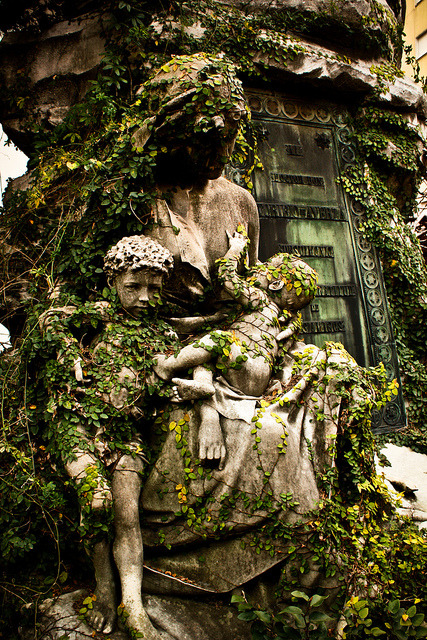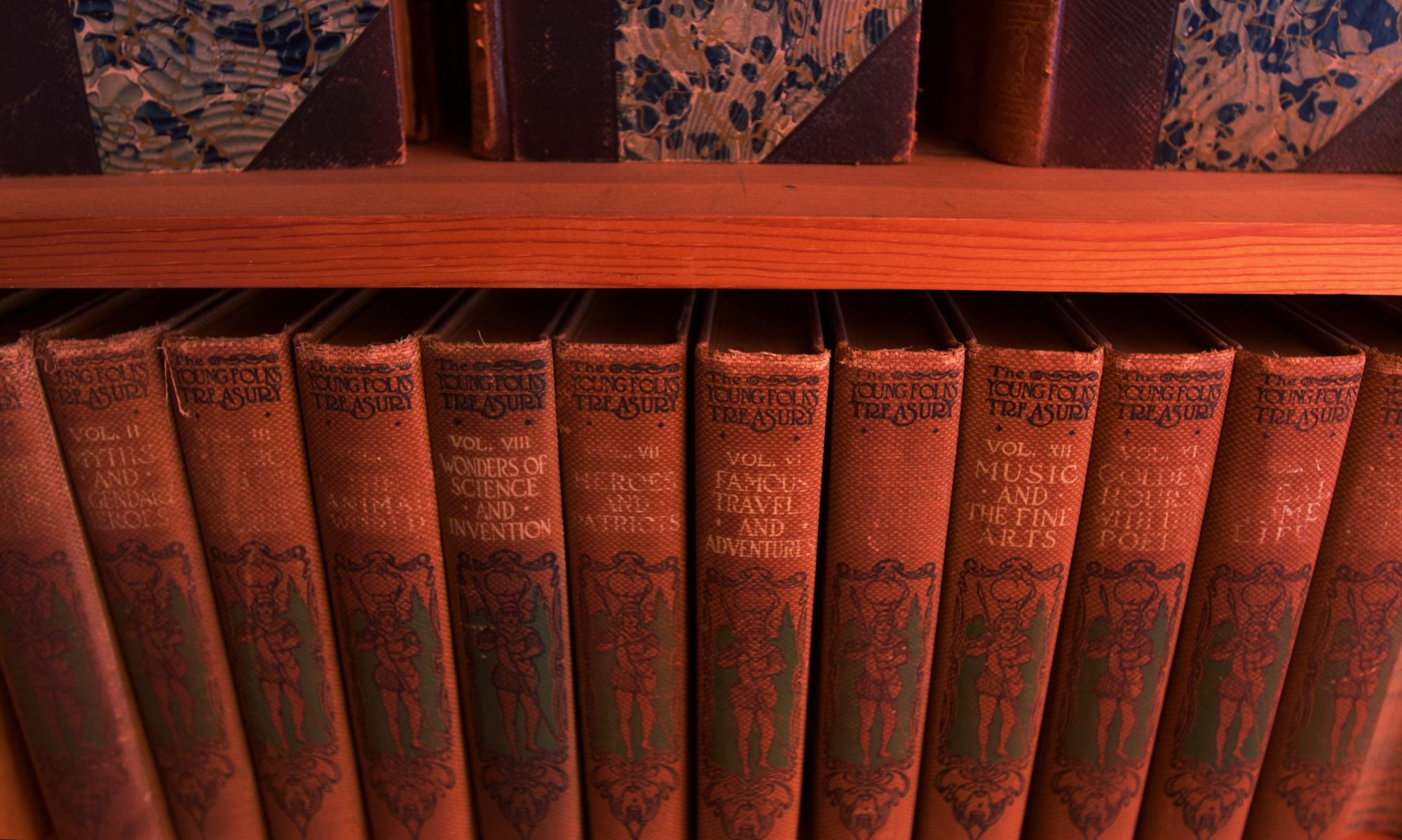
The Bible tells us a story about two very different twin brothers. The firstborn Esau came out of the womb with the younger Jacob grasping at his heels. Esau became an expert hunter and outdoorsman, while Jacob liked to stay home. One day, Esau returned famished from a hunt and asked his brother for some food. Jacob replied that he would feed Esau if Esau gave him his birthright in exchange. And just like that, for some bread and a bowl of lentil soup, Esau gave up his inheritance.
My whole life, I’ve scratched my head at this. Why would anyone sell their birthright for a bowl of soup?
It was Jacob whom God renamed Israel and whose twelve sons became the tribes of the promise. And it was his descendants, some five hundred years later, whom God led to the promised land, commanding that they drive out all its inhabitants, and that they destroy all the local idols and high places.
The high places were pagan centers of worship. Widespread throughout Canaan, these idolatrous shrines housed graven images, altars, incense stands, and sacred pillars, and often, too, their own priests and abominable rites like prostitution and child sacrifice. Desiring a people set apart and wholly His, God warned the Israelites that any high place they allowed to remain would become a thorn in their side and would turn their hearts away from Him. Nevertheless, Israel did not completely destroy Canaan’s high places.
It did not start out as outright rebellion, but as an oversight. Israel looked the other way because they were tired and comfortable. The high places were convenient. Before the temple was built, the high places served perfectly well as a place to worship the Lord their God. But over time, their failure to follow through— to fully obey— opened them up to casual sin, and ultimately to total corruption.
The Bible records how each of Israel’s and Judah’s kings dealt with the high places in their time. For forty monarchs spanning three hundred years, God kept a detailed account. While the history is nuanced, an overarching degradation is plain:
At first, God was still loyally worshipped, though the high places remained.
Then God was worshipped at the high places.
Then God, plus other gods, were worshipped at the high places.
And finally, only other gods were worshipped at the high places.
It was because of the sin of the high places that God ripped Israel away from Judah, splitting the kingdom in two. And it was because of the sin of the high places that both kingdoms were ultimately captured and exiled. God warned from the outset what it would cost them, but the Israelites didn’t listen. The Bible says, “They pursued worthless idols and became worthless themselves.” 2 Kings 17:15.
Do we have high places in our lives today, sin centers so culturally engrained that we turn a blind eye to them?
The truth is, it is easy to be casual about some sin. Especially when those choices are sanctioned by the world. We’re allowed to struggle with forgiveness; it’s natural to carry an offense around for at least a little while. We’re expected to lust after attractive people; after all, it isn’t adultery, and it’s youthful to have a healthy appetite. We’re expected to throw time away on our phones, to strive with irritable coworkers, and to complain about our boss. We’re expected to be more tuned in for a football game than for worship, and to survive parenthood by anesthetizing it with wine. We’re expected to share in gossip; silence would seem judgmental. And so, slowly but surely, sin about which God has been perfectly clear, gets from us a hall pass. One day at a time, we make easy choices to pursue the comfortable and the convenient, not realizing that these are the small altars on which we’ve offered up our lives.
To this, God prophesies: “I will give up your wealth and all your treasures as plunder because of the sin of your high places in all your borders. You will, on your own, relinquish your inheritance that I gave you.” (Jer 17:3-4)
You will, on your own, relinquish your inheritance.
Are we all that different from Esau? We have a birthright in Jesus that is ours to claim as sons and daughters of the King. But when our lives are over and we kneel before Him, will we find that we’d somehow left our inheritance beside the road in pursuit of that which feels, in hindsight, like not much more than a bowl of soup?
“For the turning away of the naive will kill them, and the complacency of fools will destroy them.” Proverbs 1:32
If the heritage of Esau is to be complacent– smug and self-satisfied– then what is the heritage of Jacob?
Jacob was a hustler, and his was a legacy God repeatedly rewarded. Rebekah, the chosen bride for the one true heir, earned her place by offering to give water not only to the servant of the Lord, but to his ten camels, too. Achsah, Caleb’s daughter, asked her father for not only land in the Negev as her wedding present, but the springs of water also. Ruth, a foreigner, clawed her way into the family of God by refusing to take ‘no’ for an answer. Elisha, despite being told to turn back three different times, refused to leave his mentor and so received Elijah’s mantle and a double portion of his spirit. And Jacob, having obtained the birthright, stolen his father’s blessing, and received God’s promise, still wrestled all night with God and refused to let Him go until he had received even more.
“Jacob have I loved, but Esau have I hated,” said God.
Both brothers were sinners. It wasn’t that. It was their heart.
The firstborn, Abraham’s grandson and heir of the promise, stood to receive everything God had to offer man. But he did not treasure what he had, and therefore grew to despise it. Having valued worthless things, he became worthless himself. But the younger, born minutes outside the family’s fortune, knew exactly its value. Unwilling to do without, he fought his way in and refused to let go, clinging to the promise in which his and his family’s future rested. And having tasted of a covenant that gave rain in its season and grain in its time, saw there a reminder to stay humble, and hungry.

Great commentary on this story and relevance to all of us now. Rich reading and food for my own spirit.
Such wise words, Steph.